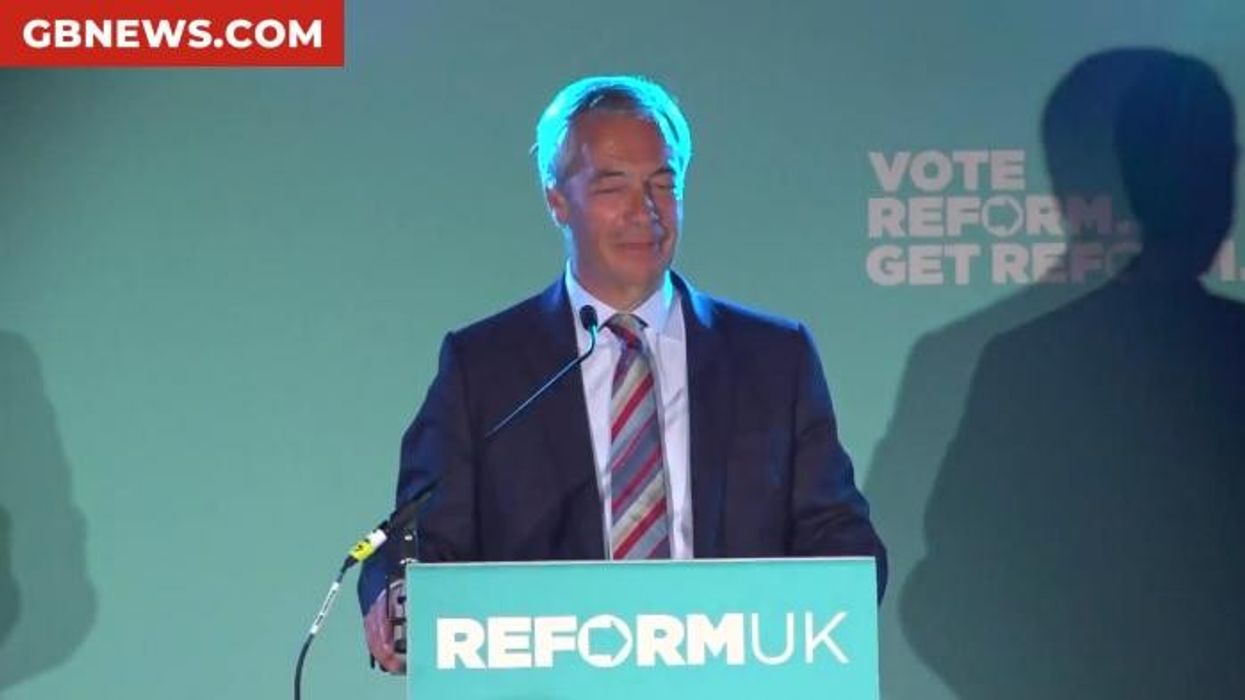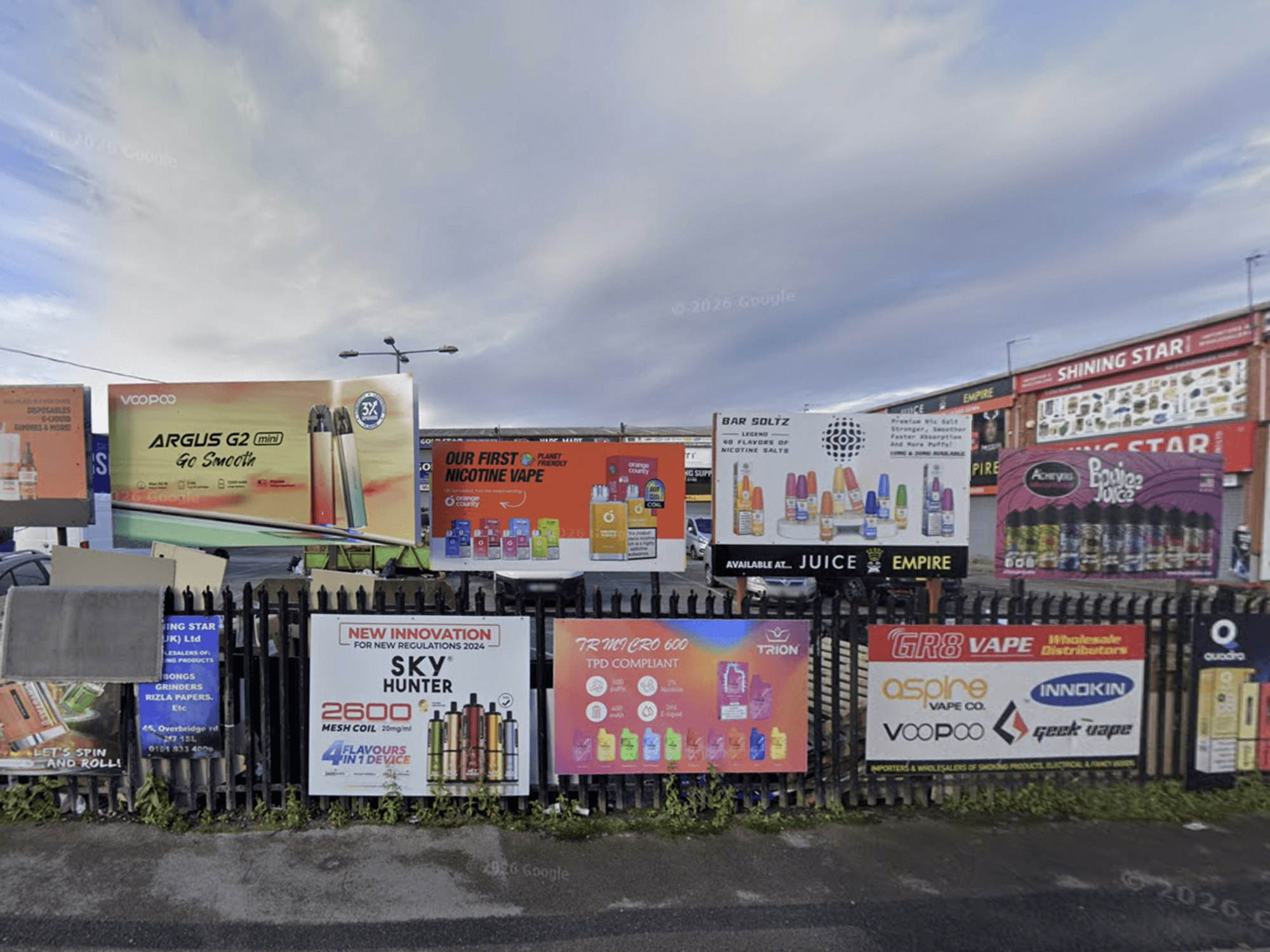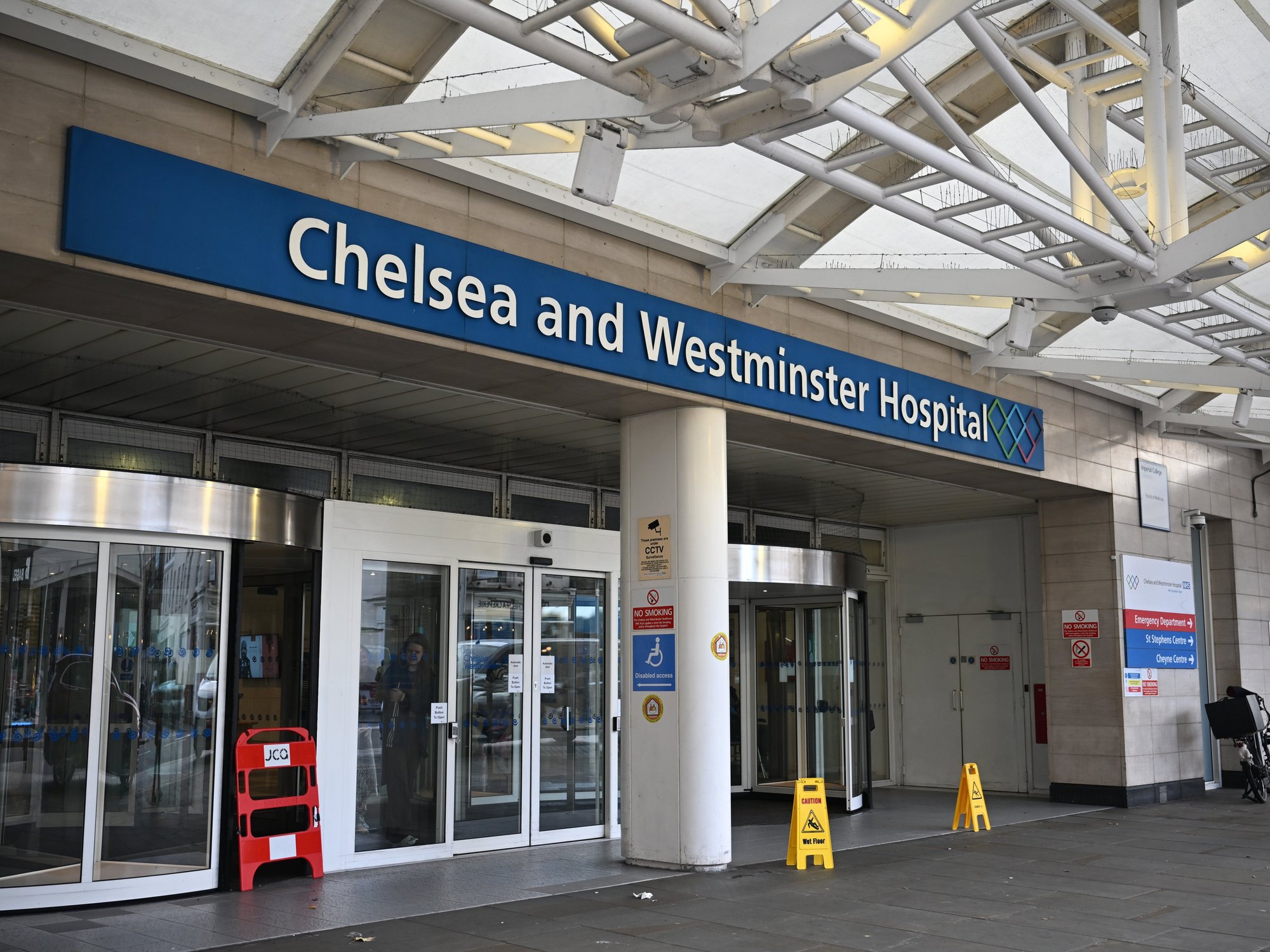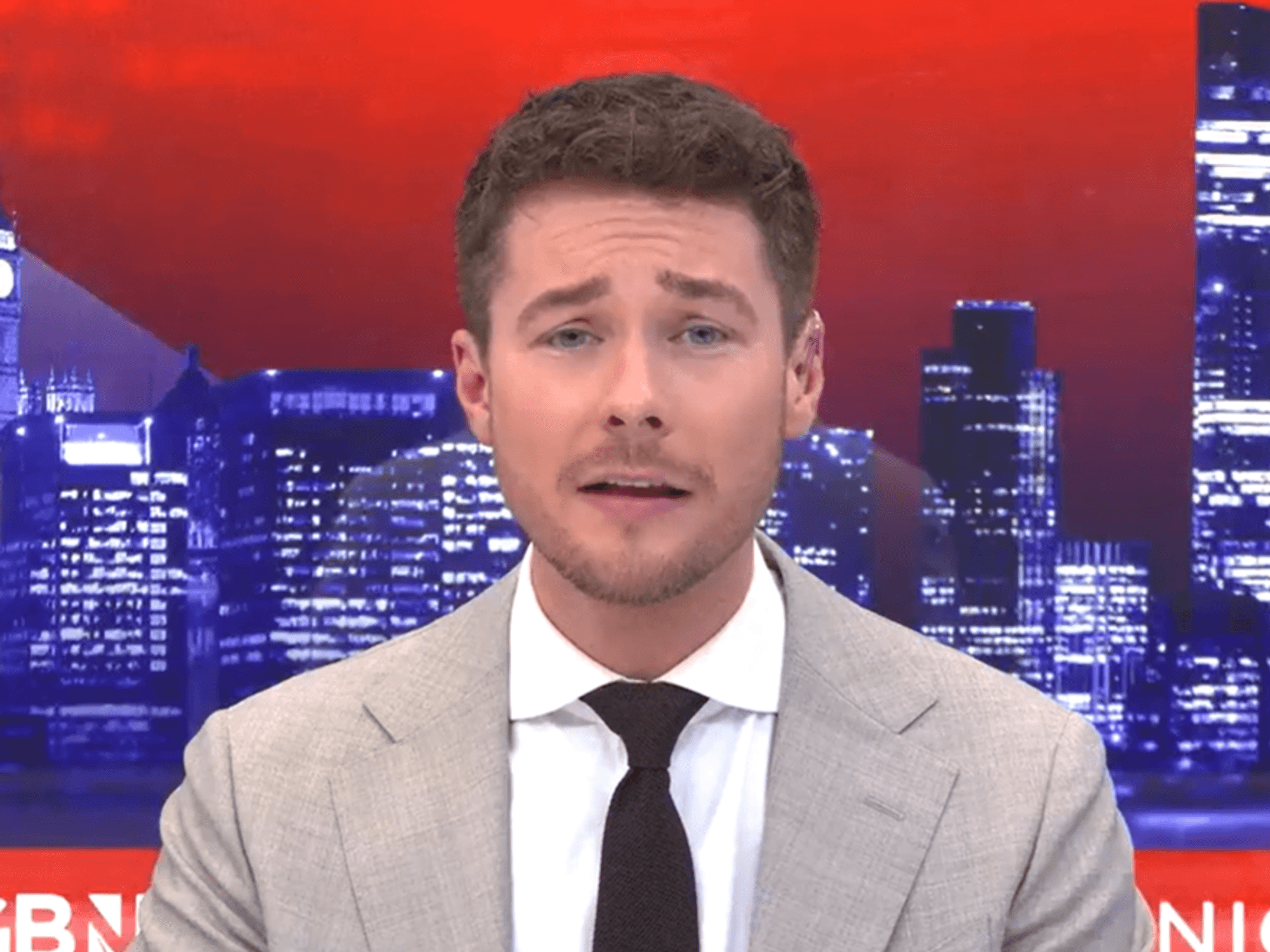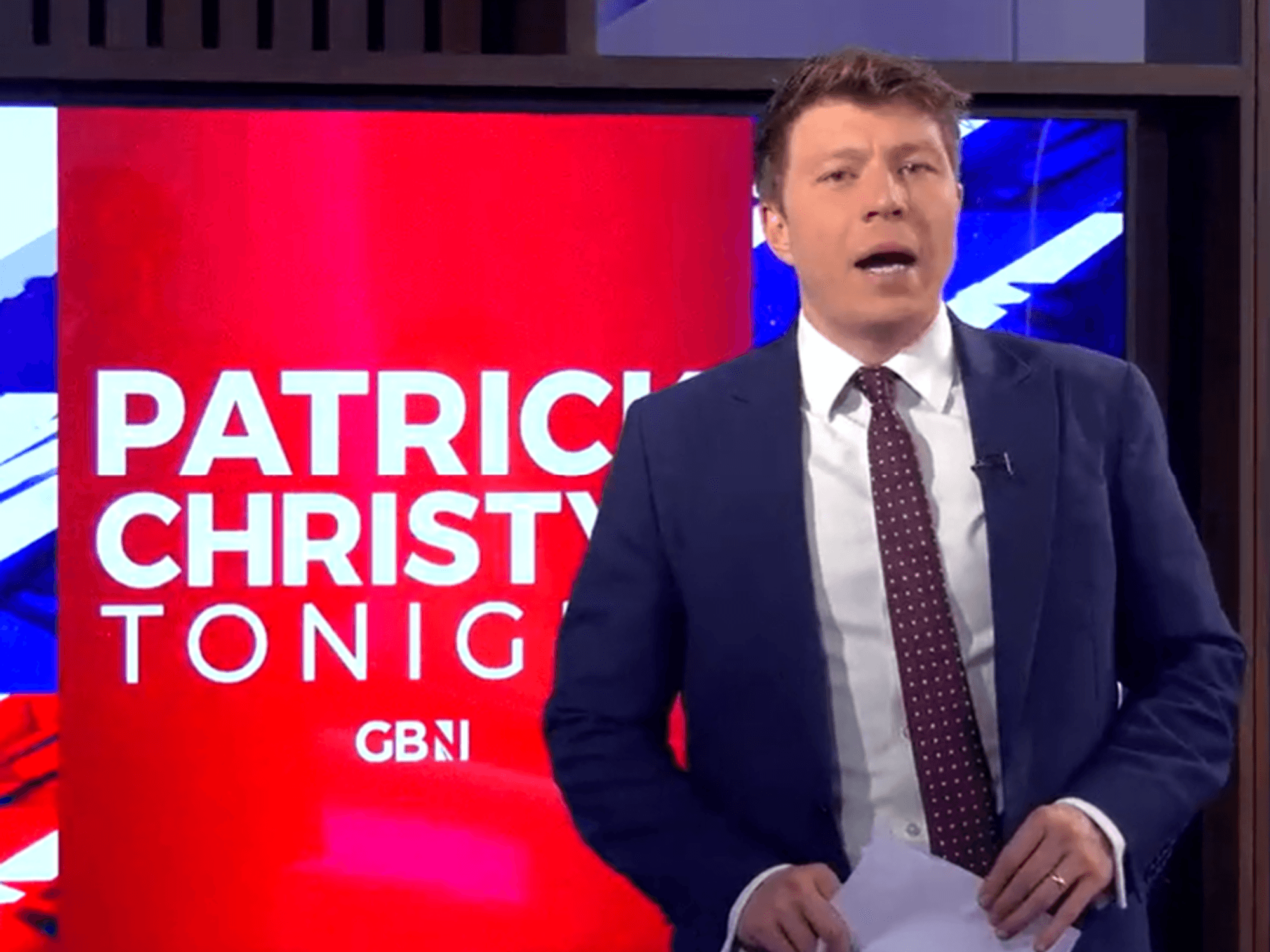REVEALED: How Reform won power by tapping into Britain's ignored fault line that Labour won't dare touch

The 2016 EU referendum shifted the political landscape in Britain - and it's now coming home to roost for Nigel Farage, says Britain's top elections guru
Don't Miss
Most Read
Reform UK stormed the local elections on Thursday, taking control of 10 local councils, winning two mayoral races, and adding a fifth MP to its ranks.
It pulled off this colossal achievement in large part by tapping into the one issue that Nigel Farage owns and Labour is terrified to touch: Brexit.
Elections guru John Curtice's analysis comes after Reform gave the two main parties a kick in the teeth.
Eight of the newly elected Reform councils were snatched from Conservative control, with many having been comfortably under Tory rule for years.
Reform narrowly beat Labour in the Runcorn and Helsby by-election and took control of Doncaster Council, which had been under Labour administration for years. The insurgent party also took over Durham County Council.

Nigel Farage's party now boasts a majority across 10 of the 23 councils up for grabs
|PA
Living in a post-Brexit world
An issue that Reform UK tapped into that is willfully ignored by politicians nowadays is Brexit, which is still a major fault line in UK politics.
The party consolidated its support among leave voters.
As Curtice explains in a post-election analysis for the BBC, in the wards where over 65 per cent decided to part ways with the EU in 2016, Reform won as much as 45 per cent of the vote on average.
However, Farage still hit a note with those who voted to leave almost a decade ago - albeit a smaller one.
In places where a majority backed Remain, 19 per cent voted for Reform.
MEMBERSHIP LATEST:
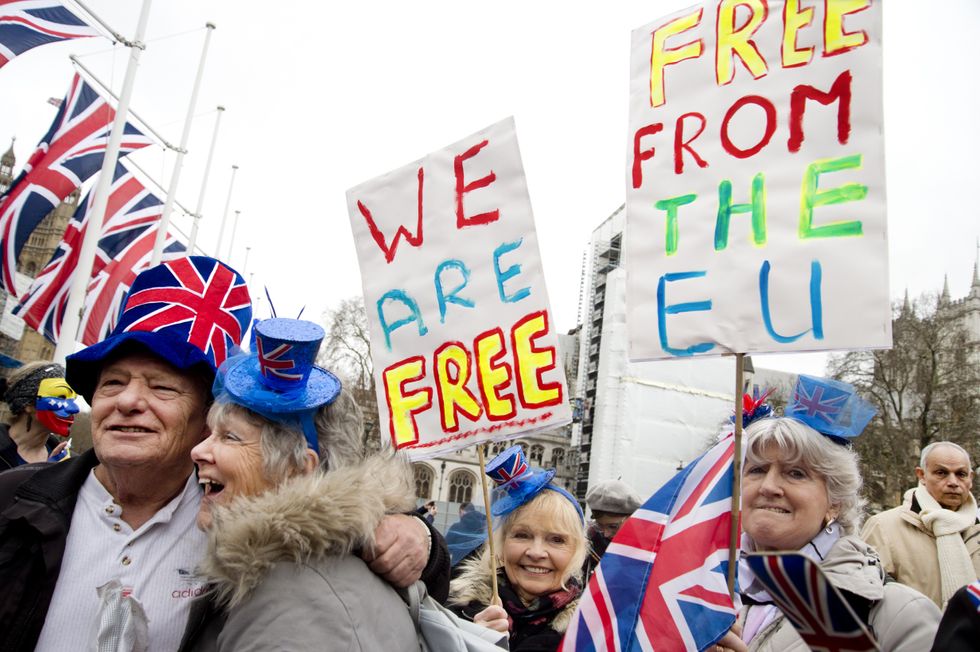 Pro-Brexit campaigners celebrate Brexit day | GETTY
Pro-Brexit campaigners celebrate Brexit day | GETTYWhilst the figure seems minor, the fact that the party managed to gain almost a fifth of the vote of anti-Brexiters proves that the turquoise tidal wave has made an enormous splash.
Curtice points out that Reform performed well in Brexit strongholds while failing to make the same dent in arch-remainer territory.
In 2016, university graduates and those in professional roles were least likely to vote for Brexit and this can be mirrored in Thursday’s elections results - where Reform UK did poorly.
Comparatively, 39 per cent of working-class voters backed Farage’s party this week whilst just 19 per cent of middle-class voters signed their ballot for Reform.
In 2019, then Prime Minister Boris Johnson told Britons that he would “get Brexit done”, subsequently winning an 80-seat majority by turning Red Wall seats blue for the first time.
Since then, despite Labour coming back into power, voting patterns have barely shifted, Curtice told GB News.
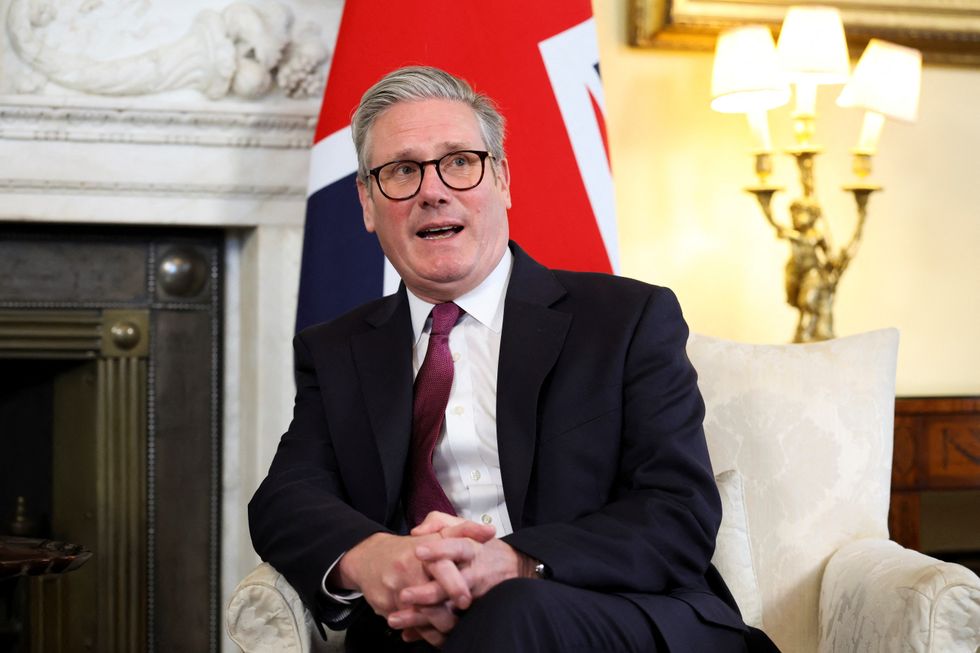
A new poll suggests that the working-class leave voters who deserted the party en masse in 2019 have not returned, making Starmer's position precarious
|PA
The political guru told The People’s Channel: “Labour were not particularly successful at winning over Leave voters. Their vote is still – depending on what estimate you look at – somewhere between 75 and 80 per cent pro-EU and the proportion of Labour's vote that comes from Leave voters only went up by about four or five points.”
He added: “In terms of its character, Labour's vote changed less than any of the other parties."
As he explains, although Labour's vote share in Red Wall constituencies will be less pro-EU than in London, it's still more pro-EU than anti.
This suggests that the working-class leave voters who deserted the party en masse in 2019 have not returned, making Starmer's position precarious.
And a recent poll spells even more disaster for Starmer, with Reform UK on track to inflict more damage in Labour's so-called Red Wall than Johnson did in 2019.
A new poll from More In Common surveying over 2,000 has Labour retaining only six of the 42 original Red Wall seats if an election was held imminently, with the majority flipping to Reform, not the Conservatives.
Under this modelling, Reform would become the largest party in Britain, securing as many as 180 seats, 150 of which would flip from Starmer's party. Labour and the Tories would be tied on 165 seats each.
It suggests that the insurgent party has a greater untapped base to go after, with no signs of slowing down.


